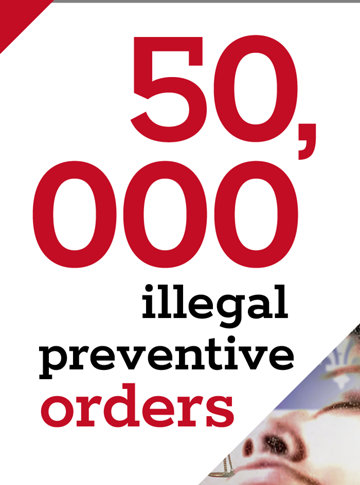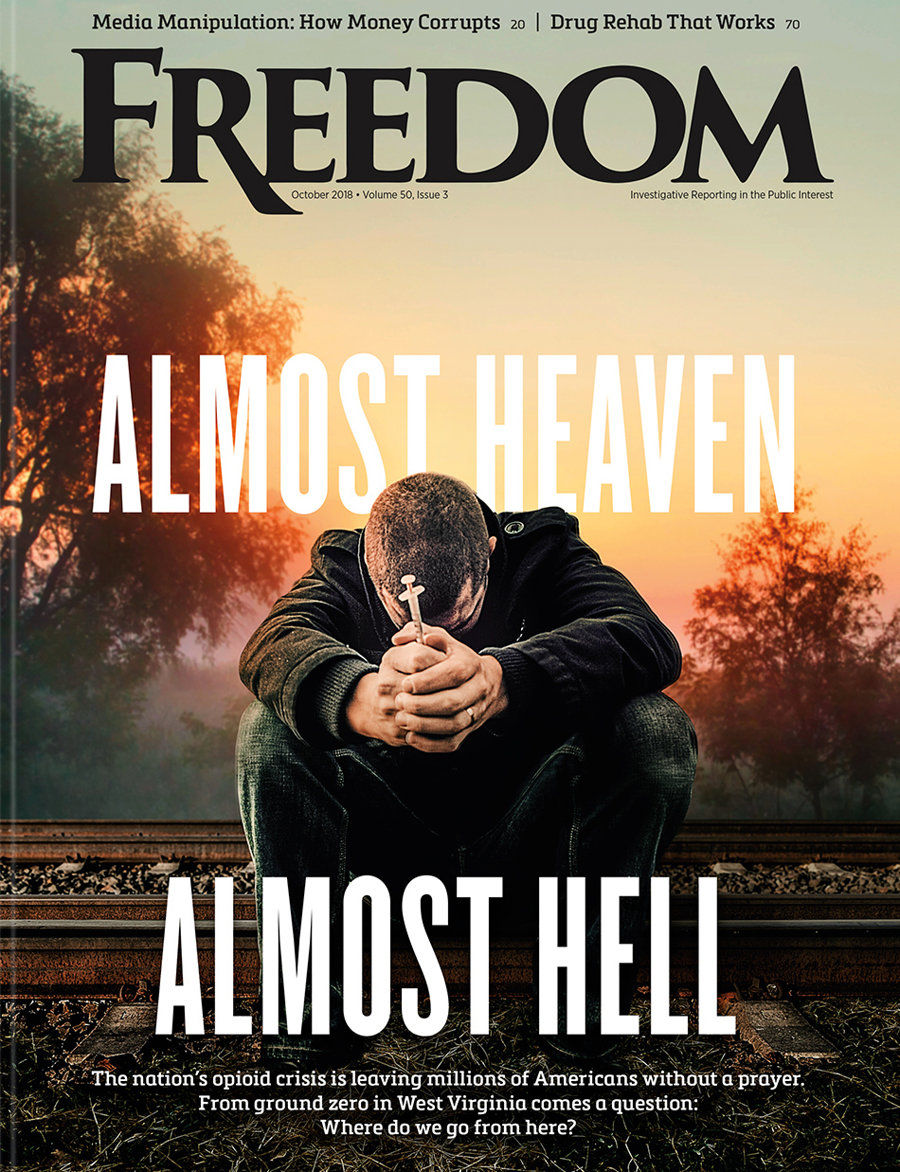As Joyce Echaquan, a 37-year-old Atikamekw mother of seven, lay dying and screaming for help, she livestreamed herself on Facebook while a nurse and an orderly responded with, “You’re f—king thick in the head,” and “She’s only good for sex.” Instead of helping her, they placed her in restraints. She died soon after.
The doctor’s notes read: “She is dissatisfied and has a tendency to manipulate.”
The poor and homeless are overrepresented among those subjected to involuntary psychiatric commitment.
With that, plus the “addict” label, the justification for holding her without her consent and ignoring her cries for help was complete. And there went her rights, her credibility and ultimately her life.
The cause of death, the coroner later discovered, was a pulmonary edema linked to a rare heart condition.
The problem, in other words, wasn’t drug-related at all. It was purely medical—and purely racist.
Between 2015 and 2024 in Quebec, more than 130,000 preventive custody orders issued on victims like Joyce resulted in their entrapment and the denial of their rights. Such orders, according to existing law, allow psychiatric hospitals to involuntarily detain individuals without consent for up to 72 hours on the pretext of “protecting” them and others.
Researching the outcomes of involuntary admissions, Professor Emmanuelle Bernheim of the University of Ottawa—who specializes in mental health law—was shocked that no one appeared concerned by how the practice infringes on human rights and that no one seemed to question the disregard of an individual’s civil liberties if that individual happens to have been labeled “mentally ill.”

Professor Bernheim also found that the poor and homeless are overrepresented among those subjected to involuntary psychiatric commitment. No matter the stated motive for the involuntary admission, it “does not negate the coercion that is part of it,” says Bernheim. “In many cases, that coercion pushes people deeper into poverty.”
A new class-action suit attempts to right at least part of that wrong. An existing law, the Act Respecting the Protection of Persons Whose Mental State Presents a Danger to Themselves or to Others, mandates that, should medical staff conclude a patient must stay beyond the 72-hour limit, approval of that extension is required from a judge.
But an estimated 50,000 of the 130,000 preventive custody orders occurring over the nine-year period leading up to 2024 were extended beyond the 72-hour limit without court approval—illegally.
And those 50,000 are due compensation, according to Nancy Melanson, spokesperson for the Association of Intervention Groups in Defense of Mental Health Rights of Quebec, who calls the illegal practice “common.”
The class action would provide for $1,000 in compensation per day of illegal custody, with a deadline of August 11 for any of the survivors to come forward and claim that compensation. Those affected can visit the group’s website for more information.
But Quebec’s violations are not an isolated failure—they are part of a broader global crisis.
In North Carolina, people are dragged from their homes, often strip-searched, shackled and drugged, then allowed to languish for days, weeks or months—all before anyone has determined whether they even qualify for commitment.
In New York, 7,800 citizens—most of them African Americans—were taken to psychiatric facilities against their will last year, and mainly on the judgment of police officers making mental health evaluations on the spot, a skill not in their job description. The practice was supposedly a solution for addressing homelessness, but the majority were seized from their homes, with only one in five taken from a public place like a subway or park.
In Florida, the 72-hour involuntary commitment law is the infamous Baker Act. According to the University of South Florida, “Medicaid enrollees who have had a Baker Act examination in the past year are three times more likely to die by suicide than enrollees with no examination.”
In other words, what is happening in Quebec isn’t unique at all. Around the world, governments and psychiatric institutions have wielded involuntary commitment laws to devastating effect—often bypassing due process, ignoring consent and overriding basic human dignity. But while this pattern plays out globally, at least Quebec appears to be finally doing something about it.
True, it’s not the government leading the charge. And true, it’s just a small step.
But it is at least a step in the right direction.
Real change depends on who’s willing to follow—and how far.






















